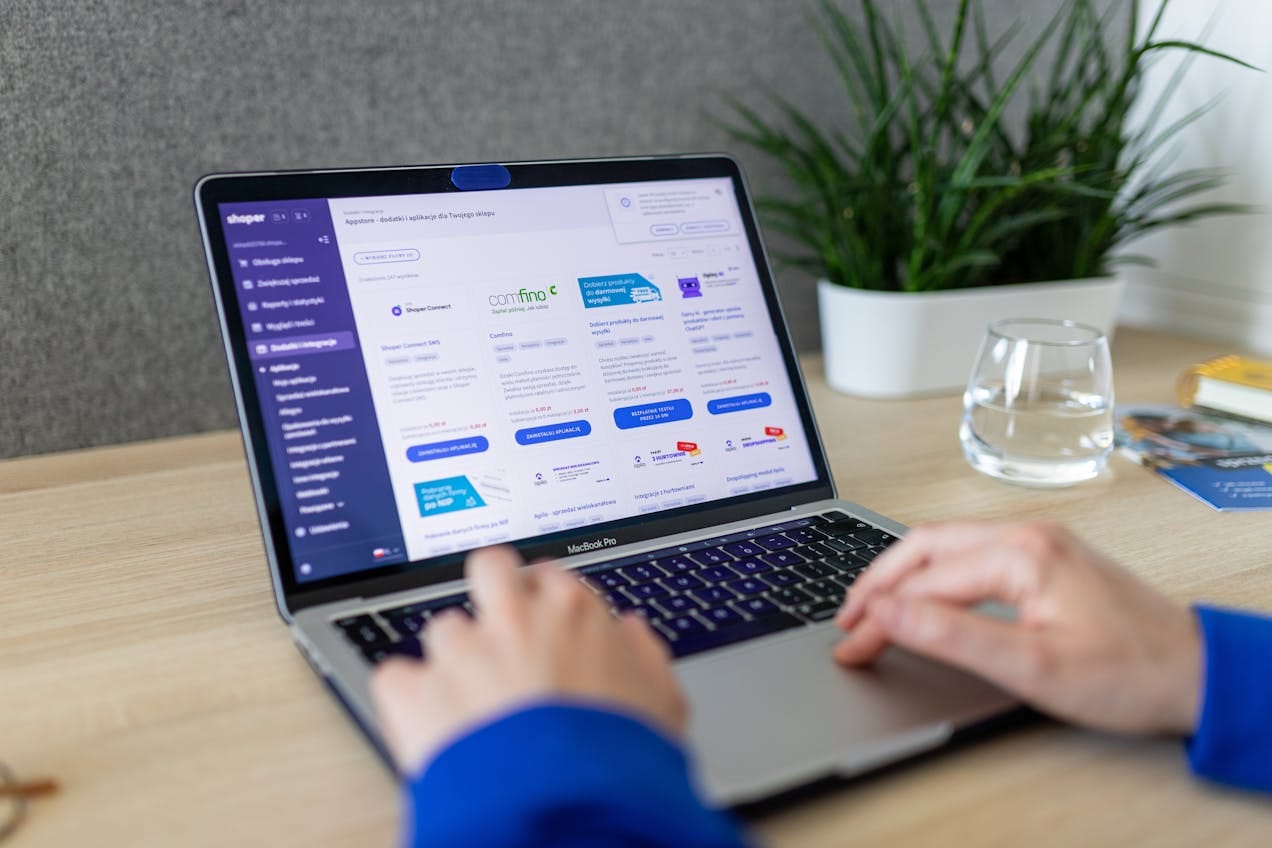
Introduction
Building an eco-friendly brand on Shopify isn’t just good for the planet – it can offer significant tax planning opportunities. From classifying sustainable materials as inventory to leveraging credits for energy-efficient equipment, understanding the tax implications of sourcing is essential for maximizing deductions and maintaining compliance.
Tax Code References
- Ordinary & Necessary Business Expenses (IRC § 162): Costs of goods sold (COGS) and sustainable packaging expenses are deductible when “ordinary and necessary.”
- Inventory Costing (IRC § 471 & § 263A): Requires capitalization of direct and indirect costs into inventory until sold.
- Depreciation & Section 179 (IRC § 167 & § 179): Qualifying equipment (e.g., solar-powered machinery) may be expensed immediately or depreciated.
- Qualified Business Income Deduction (IRC § 199A): May allow a 20% deduction on net income from a pass-through eco-brand.
- Energy Efficient Commercial Building Deduction (IRC § 179D): Credits for energy-saving property in commercial structures.
Relevant Forms
- Form 1040, Schedule C (Sole Proprietors): Report COGS and business expenses.
- Form 4562: Claim Section 179 expensing and depreciation for equipment.
- Form 8995/8995-A: Compute Qualified Business Income (QBI) deduction.
- Form 1040-ES: Quarterly estimated tax payments.
- State Sales Tax Return: Remit sales tax collected on Shopify orders.
Detailed Example
Scenario: GreenThreads, a sole-proprietor Shopify store, sources bamboo-fiber tees and compostable mailers. In 2025:
- Inventory Purchases: $60,000 (bamboo tees)
- Packaging Costs: $10,000 (compostable mailers)
- Equipment: $25,000 solar-powered heat press (Section 179 eligible)
- Gross Sales: $150,000
- COGS: $60,000
- Net Profit Before Depreciation: $80,000
Tax Impact:
- COGS Deduction (IRC § 162 & § 471): GreenThreads deducts $60,000 on Schedule C.
- Packaging Expense (IRC § 162): Fully deductible as ordinary business expense ($10,000).
- Section 179 Expensing: Elect to expense the $25,000 solar press on Form 4562, reducing taxable income.
- QBI Deduction: After expenses, up to 20% of qualifying income may be deductible under IRC § 199A.
Step-by-Step Compliance Guide
- Classify Inventory Costs:
- Track direct (materials) and indirect (freight-in, storage) costs; capitalize per IRC § 471/§ 263A.
- Record Packaging Expenses:
- Deduct compostable mailers as business expenses on Schedule C.
- Evaluate Equipment Purchases:
- Determine if machinery qualifies for Section 179 or should be depreciated.
- Complete Form 4562:
- Elect Section 179 expensing or MACRS depreciation as appropriate.
- Calculate QBI Deduction:
- Use Form 8995 or 8995-A to compute your 20% pass-through deduction.
- Manage Sales Tax:
- Register in necessary states, collect via Shopify, and file returns on schedule.
- Pay Estimated Taxes:
- Submit Form 1040-ES quarterly to avoid underpayment penalties.
- Maintain Detailed Records:
- Retain invoices for sustainable materials, equipment receipts, and depreciation schedules.
Conclusion
Eco-friendly Shopify brands can unlock valuable tax benefits – from COGS and packaging deductions to accelerated depreciation and QBI deductions. By accurately capitalizing inventory, leveraging Section 179, and staying current on sales tax obligations, you’ll optimize cash flow and support sustainable growth.
Schedule a Consultation
Ready to maximize your eco-brand’s tax savings?
Book a Meeting with CPA Anshul Goyal
Disclaimer
Anshul Goyal, CPA, EA, FCA, is a licensed Certified Public Accountant in the United States and an Enrolled Agent authorized to practice before the IRS. He represents clients in tax litigation and specializes in cross-border tax issues for American businesses and Indians living in the U.S. This blog is for informational purposes and does not constitute formal tax advice. Please consult a qualified professional for your situation.
About Our CPA
With over a decade of U.S. and international tax expertise, Anshul Goyal helps eco-entrepreneurs navigate complex sourcing and compliance requirements, minimize liabilities, and build resilient, sustainable businesses.
Frequently Asked Questions
1. Can I expense all sustainable packaging immediately?
Yes – ordinary packaging costs are deductible under IRC § 162 in the year paid.
2. How do I determine COGS for eco-friendly products?
Include direct material costs and allocable indirect costs per IRC § 471/§ 263A.
3. What qualifies for Section 179 expensing?
Tangible business equipment placed in service during the year, up to annual limits.
4. Am I eligible for the QBI deduction on my Shopify income?
Most pass-through entities can claim up to 20% of qualified business income under IRC § 199A.
5. Do I need to collect sales tax on eco-friendly products?
Yes – if you meet a state’s economic nexus thresholds, you must register and remit.
